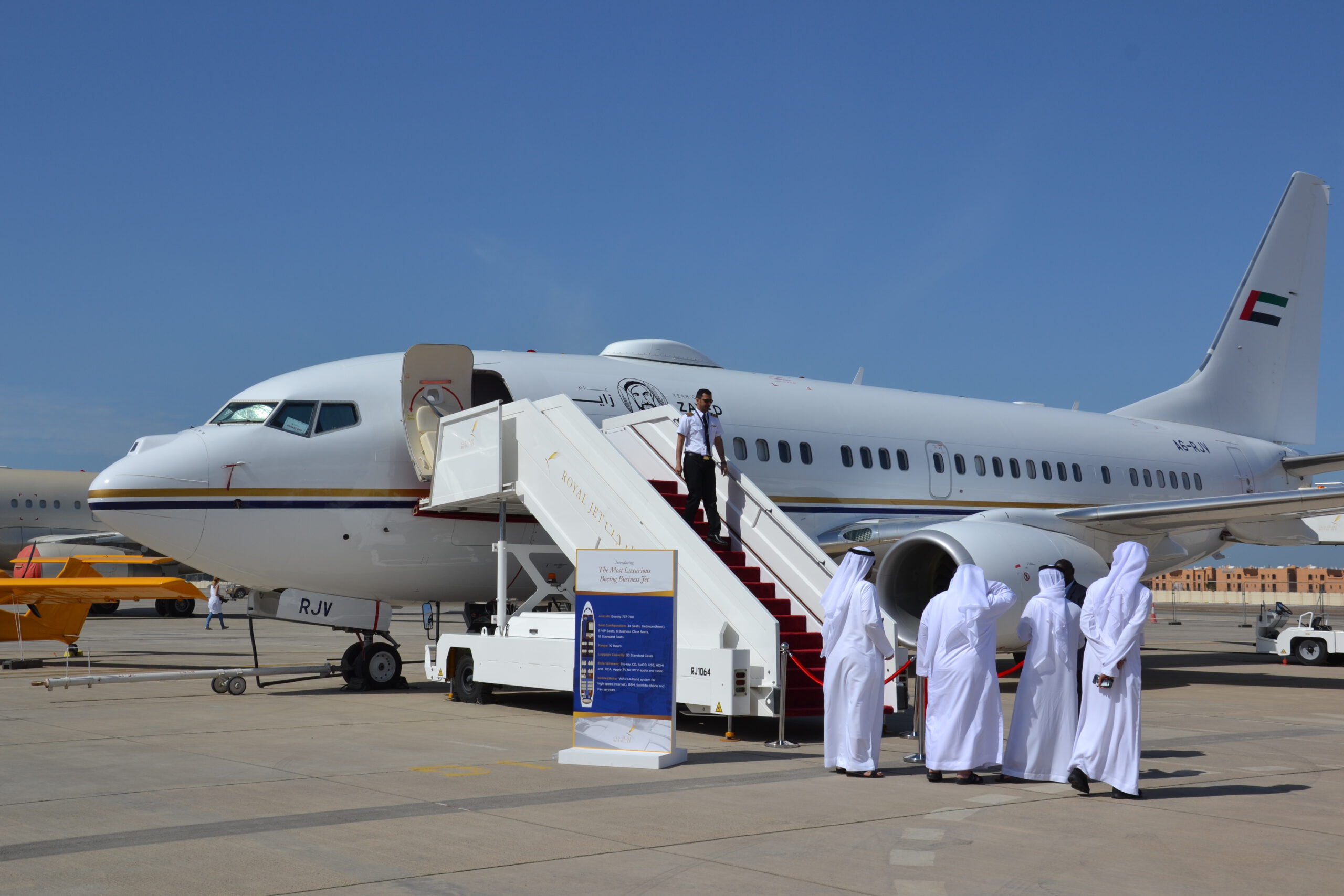
The US has mounted a massive diplomatic offensive against belligerent China, with the Biden administration’s several key diplomats and ministers visiting various nations in Asia with the agenda of countering the Dragon. US Secretary of State Antony Blinken is visiting India 27-28 July to meet External Affairs Minister S. Jaishankar and National Security Advisor Ajit Doval. He will also call on Prime Minister Narendra Modi.
Sources say China’s aggression and ways to counter it will top the agenda to be taken up during these meetings. Pakistan’s terror financing will also be part of the agenda of discussion. Top MEA sources told The Daily Guardian that India and the US will discuss the ways to step up pressure on Pakistan to stop terror funding. Rapid surge of Taliban will also figure during the talks between Blinken and Jaishankar.
Blinken’s visit to India is a key part of the larger US’ diplomatic mission against Chinese aggressive behaviour. But the US is in a big action mode diplomatically. Blinken’s deputy Wendy Sherman is in China “representing the interests of the US and its allies during talks with Beijing’s top diplomats”. Sources say Shermon has gone to China with a tough message from President Joe Biden, “The US will act to defend its interests”. Sherman is scheduled to meet Vice Foreign Minister Xie Feng and Foreign Minister Wang Yi in Tianjin on July 26. As part of the US’ diplomatic mission, US Deputy Secretary of State Sherman has already visited Japan, South Korea and Mongolia, obviously with China as top agenda. Sources said that with China in mind Blinken’s deputy reaffirmed “the US commitment to working with allies and partners to promote peace, security and prosperity in the Indo-Pacific and to upholding the international rule-based order.” According to sources, the Biden administration wants to send out a clear message to all the countries which are facing problems due to China’s belligerent behaviour that the US is always with them in their efforts to counter the Dragon.
In another significant visit as part of this diplomatic agenda, US Defence Secretary Lloyd Austin will be in Singapore, Vietnam and Philippines next week with Chinese aggression in South China Sea becoming a major election issue in Manila. As a result of the Biden administration’s diplomatic campaign, European countries have joined the US in imposing sanctions on the Chinese over the treatment of UiAghars in Xinjiang province and joined the US along with other allies and NATO last week to call out China on hacking.
Modi and Joe Biden are expected to meet later in the year at an in-person summit of the leaders of the Quad (Quadrilateral Security Dialogue) involving Australia, Japan, India and the US, which is likely after October. The Biden administration has also started preparation for the same. Blinken’s visit to India is important from that point of view as well. Blinken and Jaishankar will also discuss the agenda for the Quad meet, with China and Indo-Pacific being the main topic. The MEA said, “Secretary Blinken’s visit is an opportunity to continue the high-level bilateral dialogue and bolster the India-US global strategic partnership. Both sides will review the robust and multifaceted India-US bilateral relations, and potential for consolidating them further.” The state department said Blinken will hold discussions on “a wide range of issues including continued cooperation on Covid-19 response efforts, Indo-Pacific engagement, shared regional security interests, shared democratic values, and addressing the climate crisis”.
Officials say that Afghanistan will also be a key topic of discussion as US withdrawal of troops, which will be wrapped soon, could be followed by the Taliban’s return to power. India has watched with concern as the Taliban have rapidly expanded areas under their control, raising fears of the return of their brutal and regressive policies and practices.
Sources said that dates are also being finalised for the next 2+2 dialogue between the foreign and defence ministers of India and US. It will be hosted by the US this year. The last one was held in New Delhi last October, with then secretaries of state and defence Mike Pompeo and Mark Esper travelling to India.















